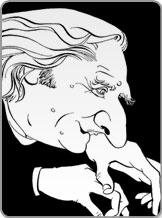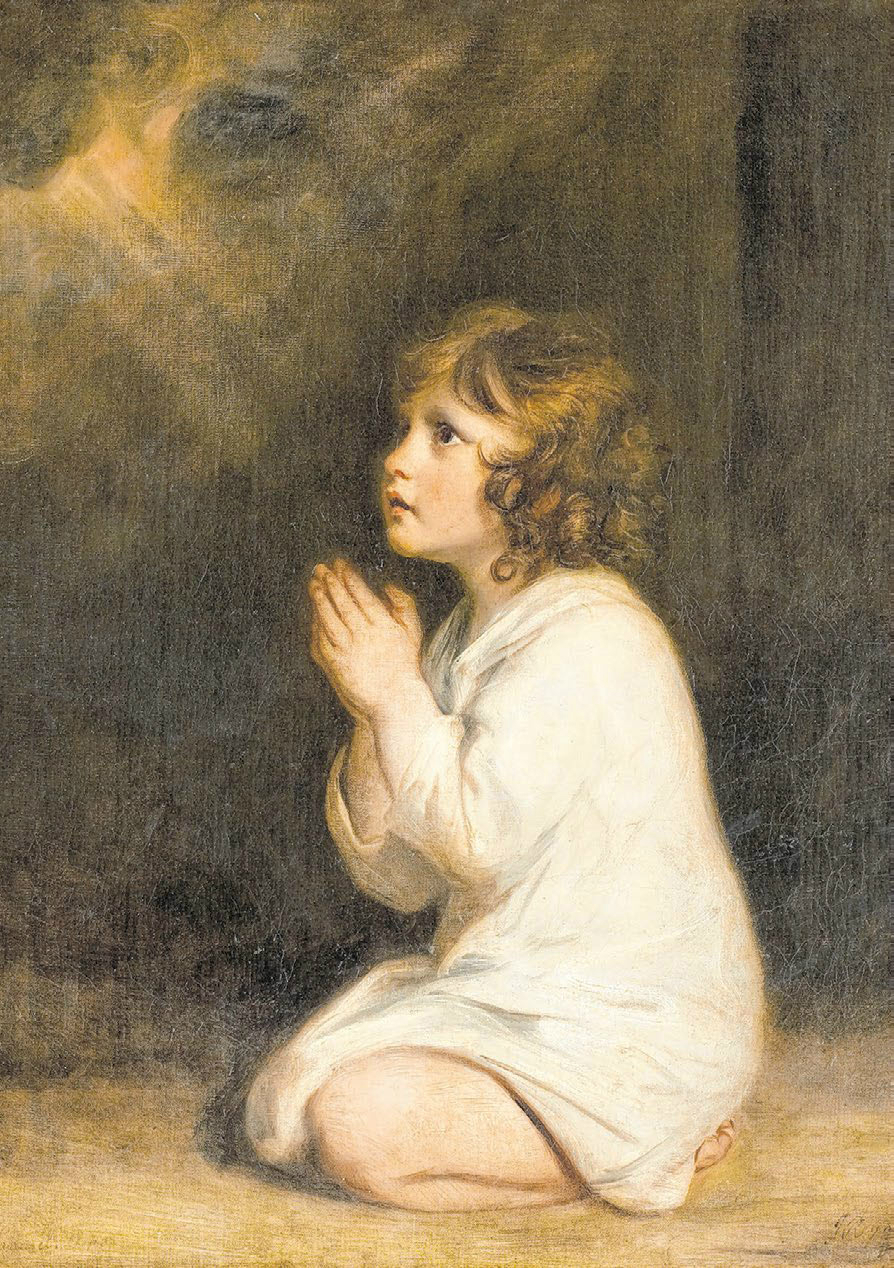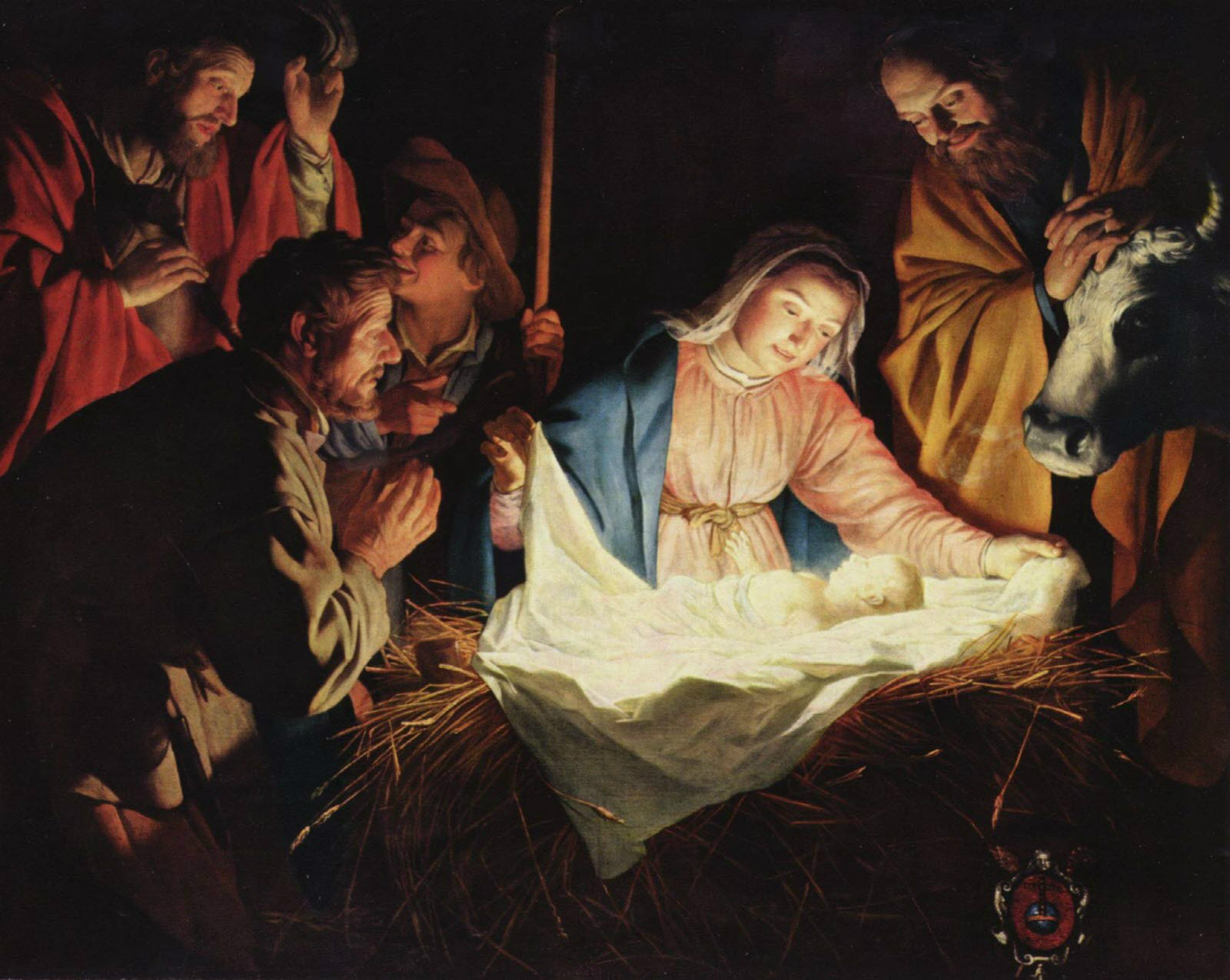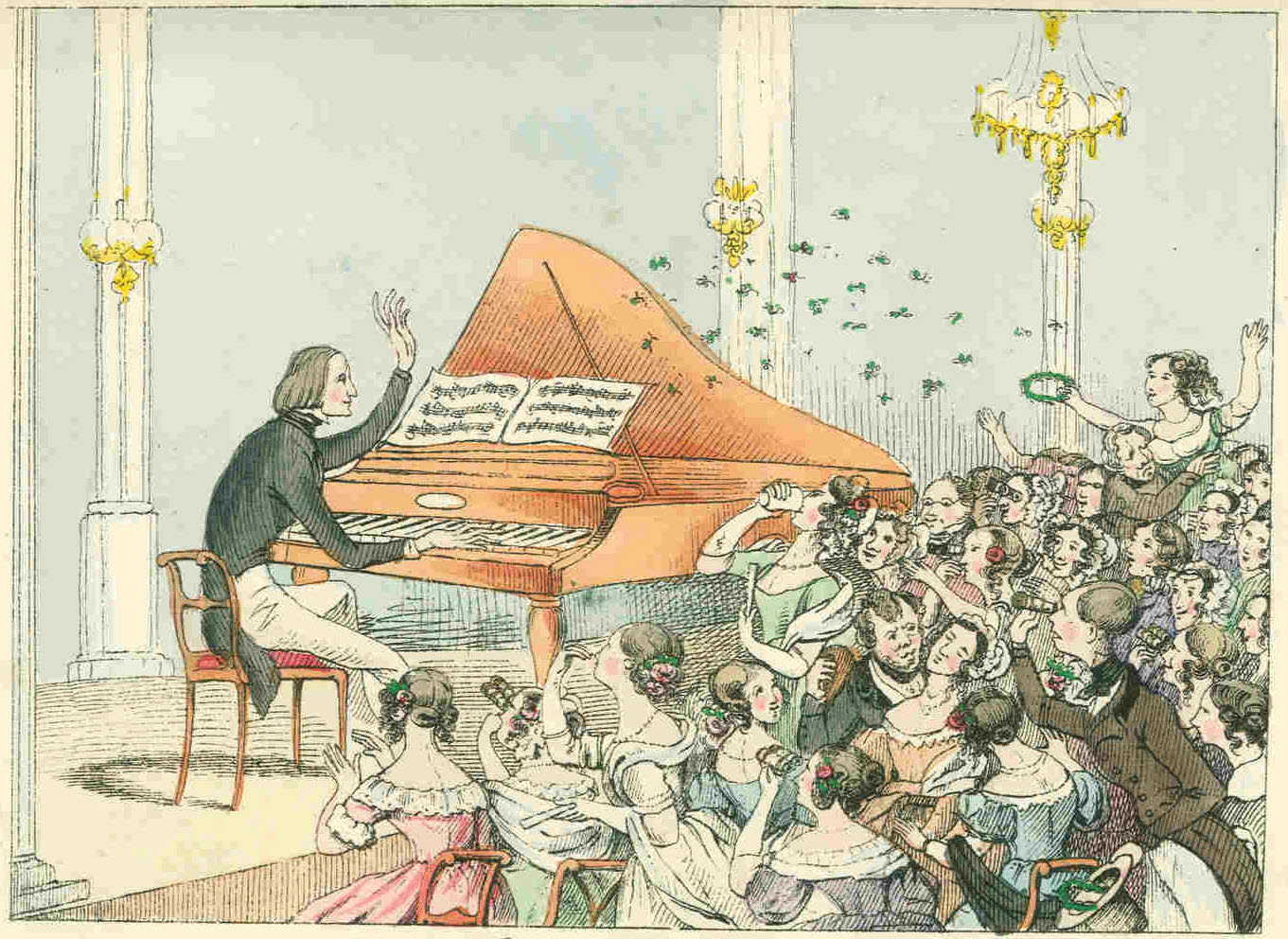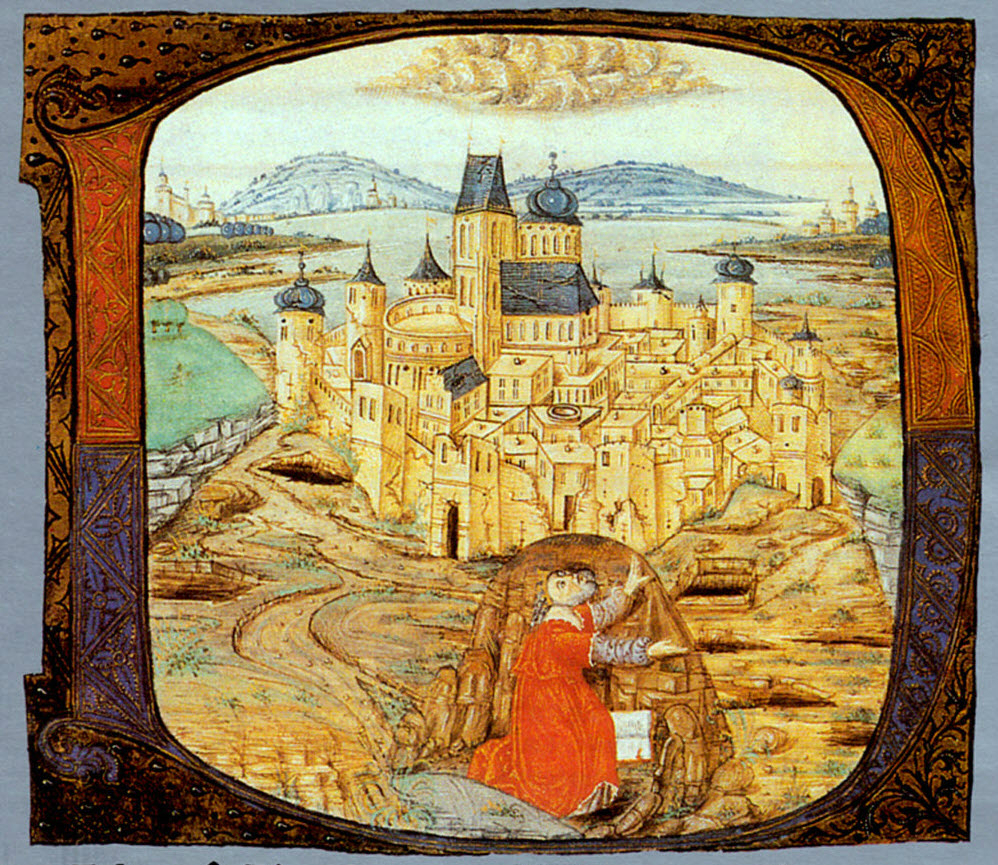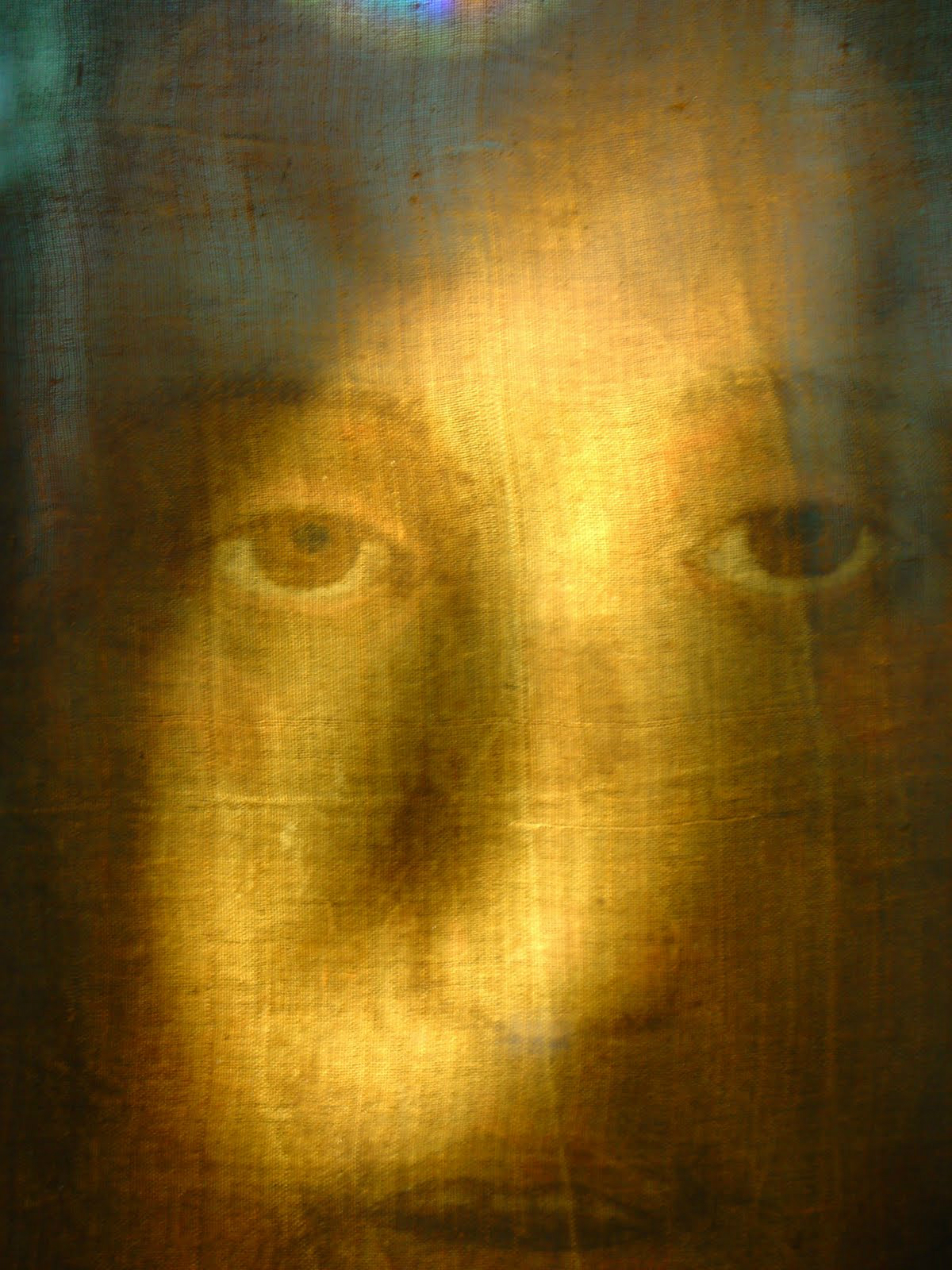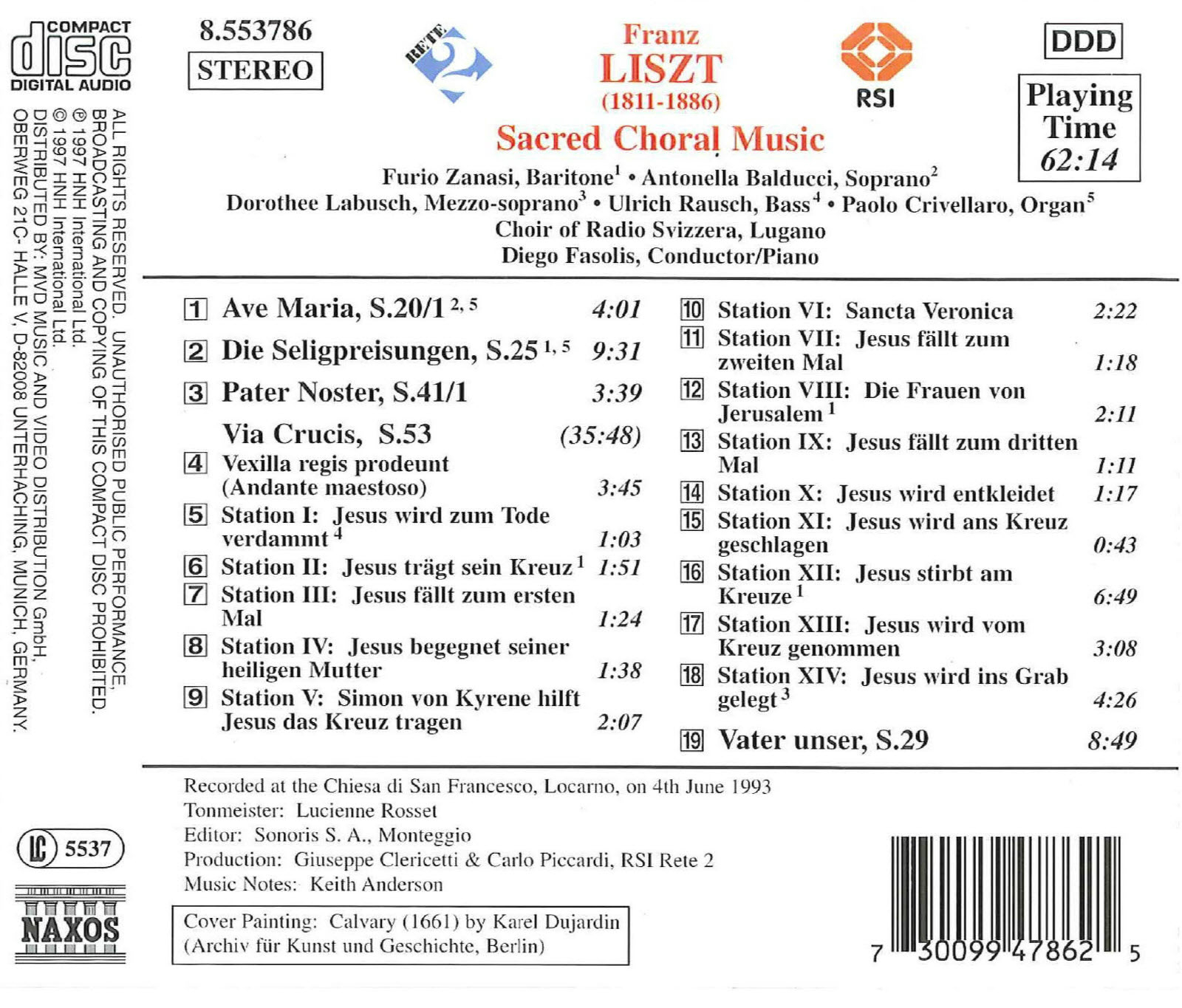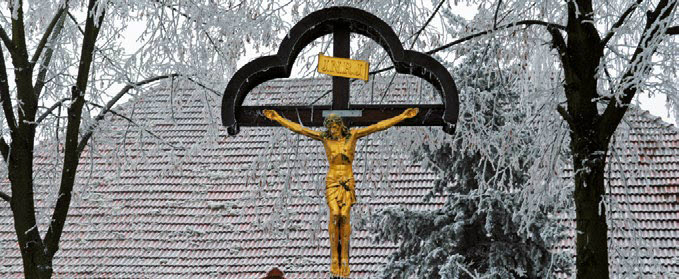
Album Title: Liszt: Sacred Choral Music Composer: Franz Liszt (1811 - 1886 Hungarian)
Composer Franz Liszt (1811 - 1886 Hungarian)
01. Ave Maria (I), for chorus & organ in B flat major, S 20, No. 1/R496a (LW J1/1) (04:05)
02. Die Seligpreisungen (Les bèatitudes), for soloist, chorus & organ, S 25/R 529 (09:35)
03. Pater Noster (Our Father) III (I & II), for chorus & organ (or piano) in F major, S 41, No. 1/R521a (03:43)
04-18. Via Crucis, les 14 Stations de la croix, for solo voices, chorus & organ (or piano), S 53/R534 (LW J33) (35:57)
19. Pater Noster (Our Father) I, for chorus & organ in A flat major, S 29/R519 (LW J14) (08:49)
Track List 01. 합창과 오르간을 위한 아베 마리아
About Diego Fasolis Diego Fasolis is among the more important conductors associated with Baroque music and early music. He is primarily a choral conductor and is especially known for his interpretations of cantatas and other sacred works by J.S. Bach. His repertory also includes large parts of the sacred outputs of Handel, Palestrina, Vivaldi, Buxtehude, and many other Baroque composers. Fasolis has also led performances and recordings of sacred music by Cherubini and Liszt and even the folk song arrangements of Beethoven. He is a multifaceted musician; as an organist he has been active and quite prolific in Europe in a range of repertory that includes the complete outputs of Buxtehude, J.S. Bach, Mozart, Mendelssohn, Liszt, and Franck. In addition, the busy Fasolis has also composed film scores and works for organ and for voices with orchestra. He has made over 50 recordings on a variety of labels, including EMI, Naxos, Chandos, Claves, Arts Music, Amadeus, Divox. Born in Switzerland, Fasolis studied music at the Zurich Conservatory and the Zurich Musikhochschule. His most important teachers at these schools included Jürg Vintschger (piano), Erich Vollenwyder (organ), Carol Smith (voice), and Klaus Knall (conducting). Fasolis later studied organ in Paris with Gaston Litaize and had further instruction in Cremona with Michael Radulescu, who schooled him in early music performance. Fasolis' first important post came in 1986 when he began a long relationship with the Radiotelevisione Svizzera di Lingua Italiana (RTSI) as a musician and part-time conductor. In 1993 he was appointed permanent conductor there, a post that included oversight and conducting of several vocal and instrumental ensembles serving under the RTSI, among which was the Coro della Radio Svizzera. In 1995 Fasolis founded Ensemble Vanitas in Lugano, a historic-instrument group largely devoted to Baroque repertory. He has remained the ensemble's principal conductor over the years. In 1998 Fasolis accepted the appointment of principal conductor of another historic-instrument ensemble committed to Baroque music, I Barocchisti. 
|
